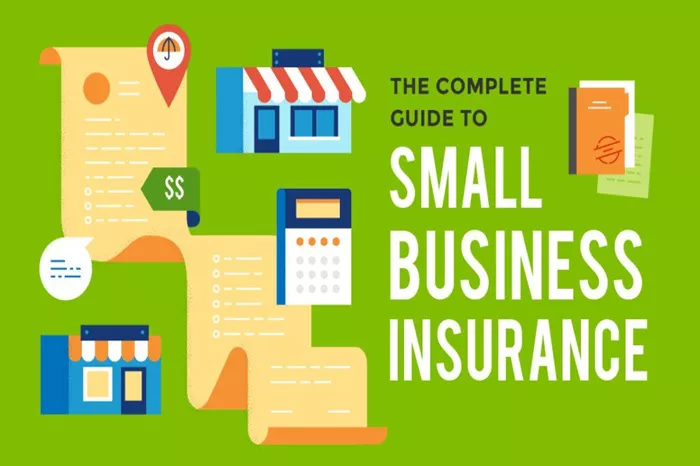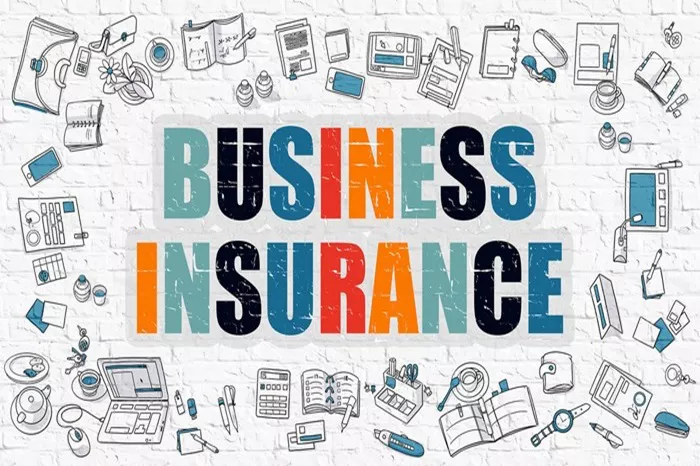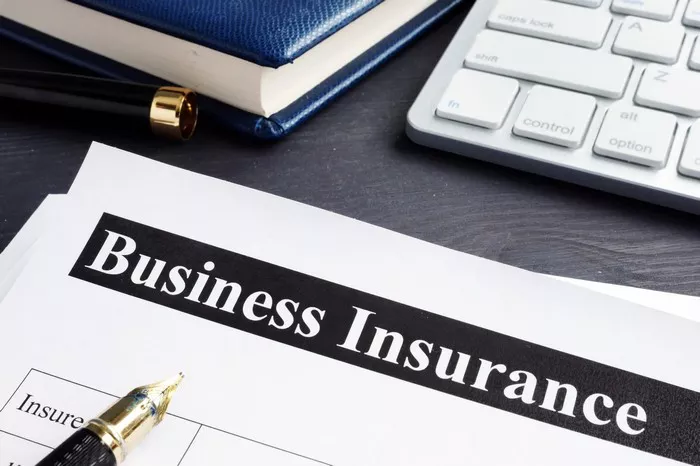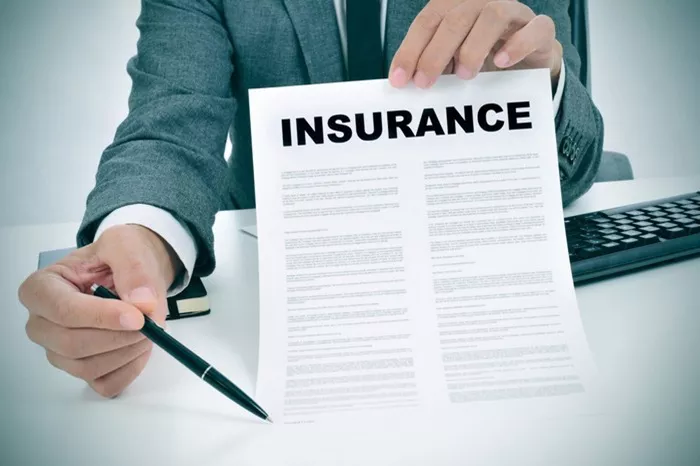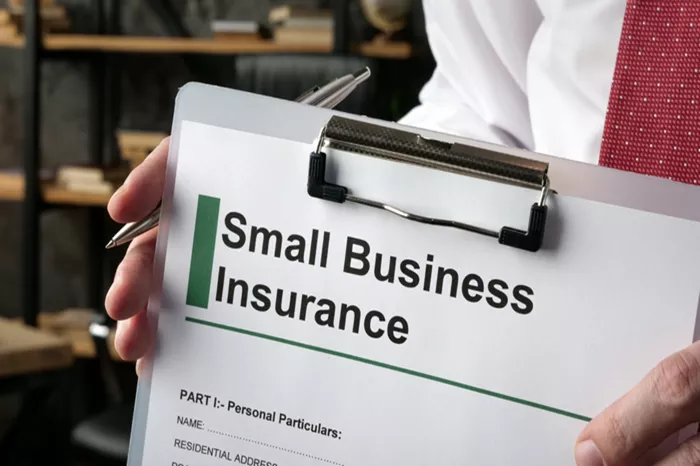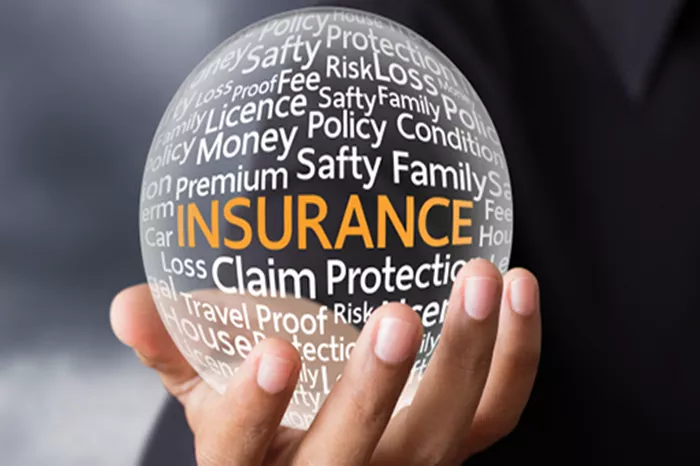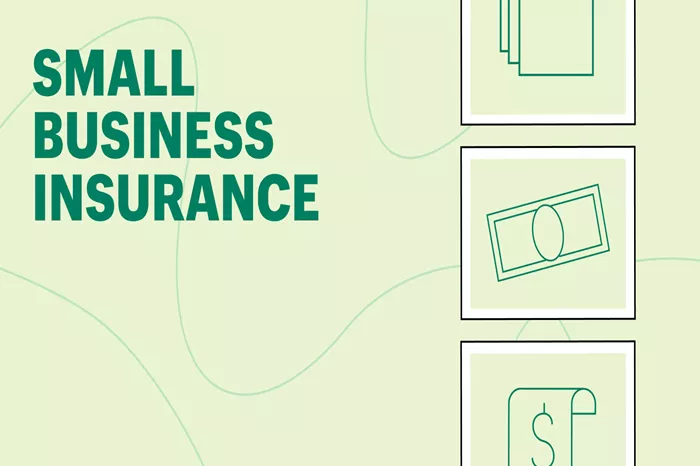Running a small business involves numerous risks, from property damage and legal liabilities to employee injuries and cyber threats. Understanding the types of insurance necessary to protect your business is crucial for long-term success and peace of mind. This article explores the essential types of small business insurance you need, ensuring your enterprise is safeguarded against various potential threats.
General Liability Insurance
General liability insurance is fundamental for any small business. It covers third-party claims of bodily injury, property damage, and personal or advertising injury. This insurance is vital as it protects your business from lawsuits and claims that can arise from everyday business operations.
General liability insurance typically covers:
Bodily Injury: If a customer or third party is injured on your business premises, this insurance helps cover medical expenses and legal fees if a lawsuit is filed.
Property Damage: If your business operations cause damage to someone else’s property, this coverage helps pay for repairs or replacements.
Personal and Advertising Injury: This includes coverage for claims related to defamation, copyright infringement, and false advertising.
Commercial Property Insurance
Commercial property insurance is essential for protecting your business assets, including the physical location and the contents within it. Whether you own or lease your business property, this insurance helps cover the cost of repairing or replacing damaged, stolen, or destroyed property due to covered perils such as fire, theft, vandalism, and natural disasters.
Commercial property insurance typically covers:
Buildings: The physical structure of your business premises, including offices, warehouses, and retail spaces.
Equipment and Machinery: Essential tools, machinery, and equipment used in your business operations.
Inventory: Stock, products, and materials stored on your business premises.
Furniture and Fixtures: Office furniture, fixtures, and other movable items within your business location.
Business Interruption Insurance
Business interruption insurance, also known as business income insurance, helps cover lost income and operating expenses if your business is temporarily forced to close due to a covered event, such as a fire, natural disaster, or other significant disruptions.
Business interruption insurance typically covers:
Lost Revenue: The income your business would have earned during the period of interruption.
Operating Expenses: Ongoing expenses such as rent, utilities, and payroll that continue even when your business is not operational.
Relocation Costs: Expenses related to temporarily moving your business to a new location while repairs are being made.
Workers’ Compensation Insurance
Workers’ compensation insurance is mandatory in most states if you have employees. It provides coverage for medical expenses, lost wages, and rehabilitation costs if an employee is injured or becomes ill due to work-related activities. This insurance also protects your business from lawsuits filed by injured employees.
Workers’ compensation insurance typically covers:
Medical Expenses: Costs for medical treatment, hospital stays, surgeries, and rehabilitation related to work injuries or illnesses.
Lost Wages: Compensation for employees who are unable to work due to their injuries or illnesses.
Disability Benefits: Payments for employees who suffer from temporary or permanent disabilities as a result of work-related incidents.
Death Benefits: Financial support for the families of employees who die due to work-related injuries or illnesses.
Professional Liability Insurance
Professional liability insurance, also known as errors and omissions (E&O) insurance, is crucial for businesses that provide professional services or advice. This insurance protects against claims of negligence, errors, or omissions in the services provided to clients.
Professional liability insurance typically covers:
Legal Defense Costs: Attorney fees, court costs, and other legal expenses incurred in defending against claims.
Settlements and Judgments: Payments for settlements or judgments awarded to clients in lawsuits.
Negligence Claims: Coverage for claims alleging professional negligence, errors, or omissions that result in financial loss to clients.
See Also: What is the Business Insurance
Commercial Auto Insurance
If your business owns or uses vehicles for work purposes, commercial auto insurance is essential. It provides coverage for physical damage and liability resulting from accidents involving business-owned vehicles.
Commercial auto insurance typically covers:
Liability Coverage: Protection against claims of bodily injury or property damage caused by your business vehicles.
Collision Coverage: Pays for damage to your business vehicles resulting from collisions with other vehicles or objects.
Comprehensive Coverage: Covers damage to your business vehicles from non-collision incidents such as theft, vandalism, and natural disasters.
Medical Payments: Coverage for medical expenses of the driver and passengers injured in an accident involving your business vehicle.
Cyber Liability Insurance
With the increasing threat of cyber-attacks and data breaches, cyber liability insurance is becoming crucial for small businesses. This insurance helps protect your business from financial losses due to cyber incidents.
Cyber liability insurance typically covers:
Data Breach Response: Costs related to notifying affected individuals, credit monitoring services, and legal fees.
Cyber Extortion: Payments for ransom demands and expenses related to negotiating with cybercriminals.
Business Interruption: Lost income and operating expenses due to a cyber incident that disrupts your business operations.
Legal Defense: Coverage for legal fees and settlements resulting from lawsuits related to cyber incidents.
Employment Practices Liability Insurance (EPLI)
Employment practices liability insurance (EPLI) protects your business from claims made by employees alleging discrimination, harassment, wrongful termination, or other employment-related issues.
EPLI typically covers:
Legal Defense Costs: Attorney fees, court costs, and other legal expenses incurred in defending against employment-related claims.
Settlements and Judgments: Payments for settlements or judgments awarded to employees in lawsuits.
Claims of Discrimination: Coverage for claims alleging discrimination based on race, gender, age, religion, or other protected characteristics.
Claims of Harassment: Coverage for claims alleging workplace harassment, including sexual harassment.
Wrongful Termination: Coverage for claims alleging wrongful termination or other employment-related issues.
Product Liability Insurance
If your business manufactures, distributes, or sells products, product liability insurance is essential. It provides coverage for claims arising from defective products that cause injury or damage to customers or their property.
Product liability insurance typically covers:
Legal Defense Costs: Attorney fees, court costs, and other legal expenses incurred in defending against product liability claims.
Settlements and Judgments: Payments for settlements or judgments awarded to customers in lawsuits.
Injury Claims: Coverage for claims alleging injury or harm caused by defective products.
Property Damage Claims: Coverage for claims alleging damage to customers’ property caused by defective products.
Commercial Umbrella Insurance
Commercial umbrella insurance provides additional liability coverage beyond the limits of your primary liability policies, such as general liability, commercial auto, and employer’s liability insurance. This insurance helps protect your business from catastrophic losses and lawsuits that exceed the coverage limits of your underlying policies.
Commercial umbrella insurance typically covers:
Excess Liability Coverage: Additional liability coverage above the limits of your primary liability policies.
Broader Coverage: Protection for claims that may not be covered by your underlying liability policies.
Commercial Crime Insurance
Commercial crime insurance protects your business from financial losses due to criminal activities such as theft, fraud, forgery, and embezzlement. This insurance is essential for businesses that handle cash, sensitive data, or valuable assets.
Commercial crime insurance typically covers:
Employee Theft: Coverage for losses resulting from theft or embezzlement by employees.
Forgery and Alteration: Coverage for losses resulting from forged or altered documents.
Computer Fraud: Coverage for losses resulting from unauthorized access to your business’s computer systems.
Funds Transfer Fraud: Coverage for losses resulting from fraudulent electronic funds transfers.
Fidelity Bonds
Fidelity bonds, also known as employee dishonesty bonds, provide coverage for losses resulting from dishonest acts committed by employees. This insurance is essential for businesses that handle large amounts of cash or valuable assets.
Fidelity bonds typically cover:
Employee Theft: Coverage for losses resulting from theft, fraud, or embezzlement by employees.
Third-Party Coverage: Coverage for losses resulting from dishonest acts committed by employees against customers or clients.
Conclusion
Understanding the various types of small business insurance and their importance is crucial for protecting your business from potential risks and liabilities. By carefully evaluating your business needs and selecting the appropriate coverages, you can ensure that your business is well-protected against unforeseen events and challenges.
Investing in the right insurance policies not only safeguards your business assets but also provides peace of mind, allowing you to focus on growing and developing your enterprise. Whether you are a new entrepreneur or an established business owner, taking the time to understand and secure the necessary insurance coverages is a vital step toward long-term success and sustainability.

